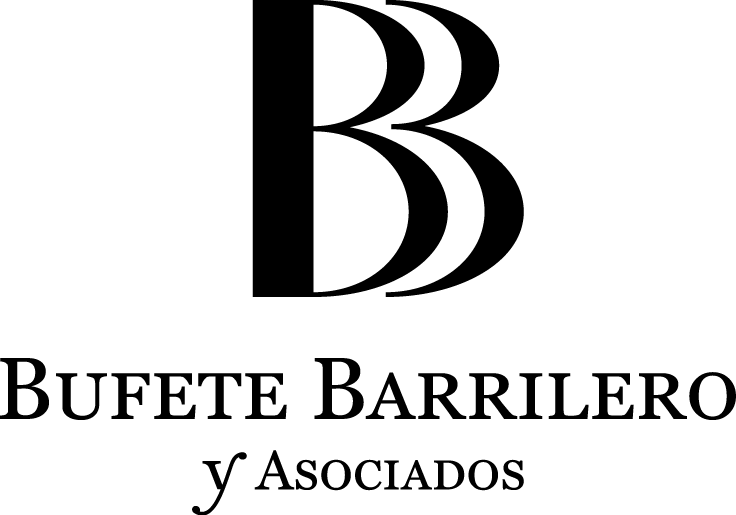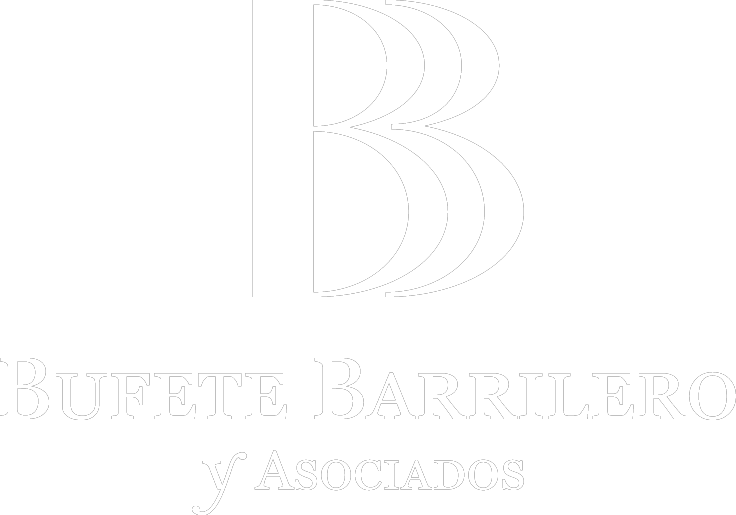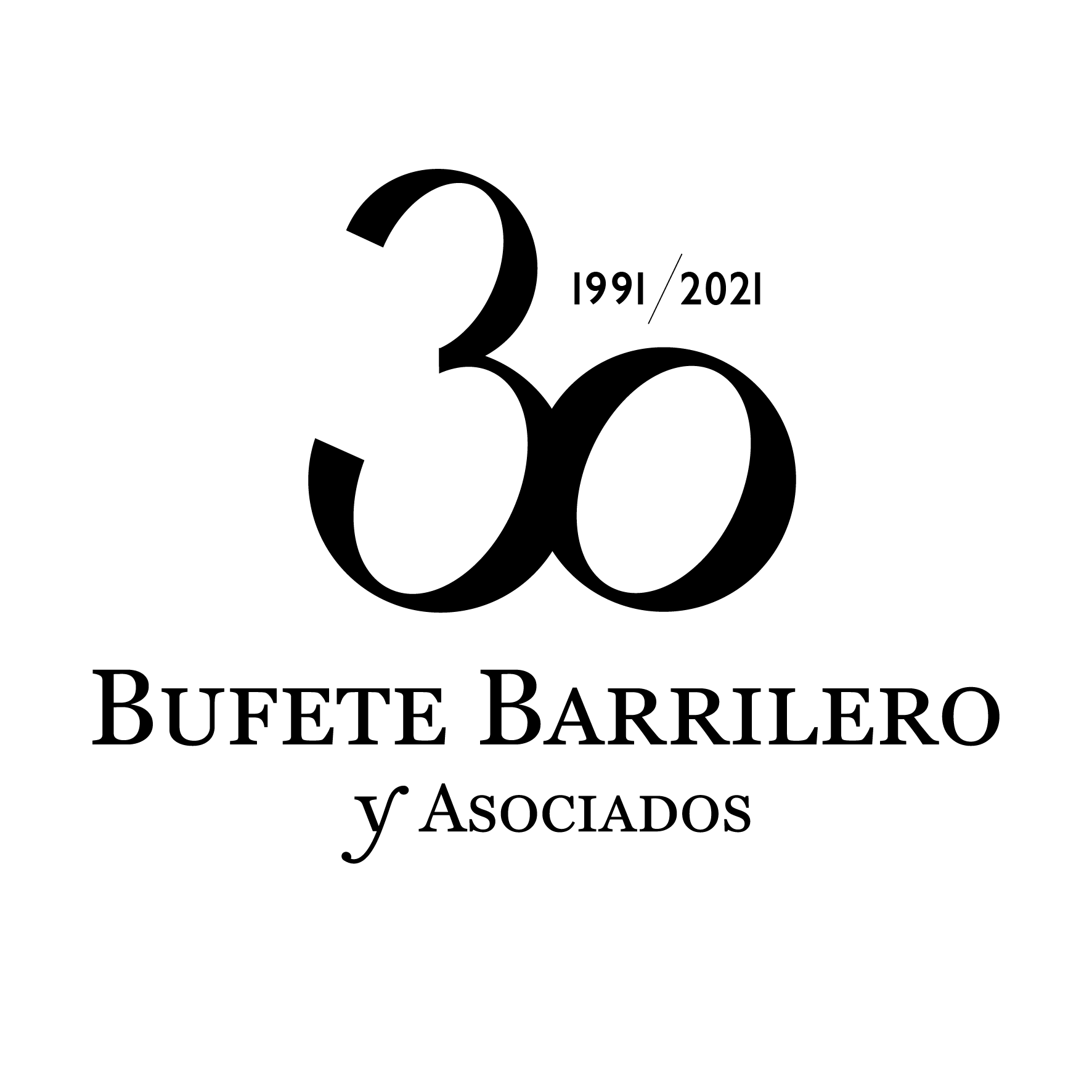Zoe Verano Rubio
CRIMINAL LAW DIVISION
In the field of economic criminal law, particularly in offenses against the Public Treasury, the determination of those obliged to repair the harm caused is not limited to those criminally responsible for the offense (perpetrators, instigators, or necessary accomplices). The legal system also considers the existence of civilly liable parties for restitution purposes, among which the participant for lucrative gain is included.
Article 122 of the Criminal Code regulates this form of civil liability for anyone who “has participated in the proceeds of a crime by way of lucrative title,” obliging such a person to provide restitution or compensation up to the value of their benefit, with the objective of preventing the unjust enrichment of third parties who did not take part in the criminal conduct. The case law of the Supreme Court (hereinafter “SC”) develops the requirements, limits, and methods for its application in offenses against the Public Treasury.
It is appropriate first to address the requirements established by case law and then to analyze their application in offenses against the Public Treasury, where the distinction between tax evasion and cases of actual enrichment becomes particularly significant.
The Second Chamber sets out the cumulative requirements necessary for applying this provision (SC Judgment No. 532/2000, 30 March, Granados Pérez, ECLI:ES:TS:2000:2609).
First, there must be a lucrative benefit consisting of a certain and gratuitous advantage, not merely an accounting entry or an apparent payment. In this regard, the SC has stated that the deposit of funds into bank accounts does not in itself establish lucrative benefit, and it is necessary to assess whether the transaction or bank movement constitutes the realization of the benefit or is merely an instrumental act to conceal the fraud (SC Judgment No. 287/2014, 8 April, Monterde Ferrer, ECLI:ES:TS:2014:2818).
Second, the third party must be unaware of the illicit origin of what was received. If the third party had sufficient knowledge of the criminal origin, the conduct could fall under the criminal offense of receiving, as set out in Article 298 of the Criminal Code. When distinguishing between mere suspicion and actual knowledge, the Court relies on indicia: undervalued prices, clandestine operations, implausible explanations, acts of concealment, and other objective elements permitting the inference that the third party was certain of the illicit origin of the goods. In that case, criminal liability for receiving would apply (SC Judgment No. 139/2009, 24 February, Berdugo Gómez de la Torre, ECLI:ES:TS:2009:609).
Third, the third party must not have taken part in the commission of the crime. If the third party participated in the execution or planning of the fraud, their responsibility would not fall under Article 122, but would instead be the proper criminal liability of participants (SC Judgment No. 287/2014, 8 April, Monterde Ferrer, ECLI:ES:TS:2014:2818).
SC Judgment No. 2919/2024, 22 May, Magro Servet, ECLI:ES:TS:2024:2919, confirms this case law and provides a practical example to illustrate the evidentiary requirements of Article 122 of the Criminal Code. In the case, the administrators of the implicated companies manipulated the purchase price declared in a public deed for a property that had previously been sold by private contract and simulated payments through the fictitious sale of commercial premises, in order to reduce the taxable base of corporate tax and defraud the Public Treasury. They therefore avoided paying taxes. The Supreme Court upheld their criminal conviction for an offense against the Public Treasury after confirming their deliberate and coordinated conduct to conceal the real price and evade tax obligations.
The Provincial Court had also declared several shareholders of the selling company to be participants for lucrative gain. However, the Supreme Court annulled their liability in that capacity due to the lack of evidence demonstrating actual enrichment or a direct transfer of assets arising from the offense. This decision emphasizes that the protection of the victim’s patrimony requires proof of a real benefit causally linked to the unlawful act before restitution can be extended to third parties.
Having examined these requirements, the next step is to differentiate between types of tax offenses. In cases of tax evasion, the taxpayer obtains a fiscal saving or avoids paying a due amount. Such a “saving” does not always involve a cash flow capable of being transferred to third parties, since many evasion schemes involve non payment or artificial reduction of the taxable base without the transfer of funds to relatives or shareholders who receive an immediate benefit. For this reason, the SC, in decisions such as SC Judgment No. 277/2018, 8 June, Del Moral García, ECLI:ES:TS:2018:2056, has stated that it is generally impossible to apply Article 122 to third parties in tax evasion cases where no effective asset transfer exists.
As that judgment highlights, “one cannot participate in what a crime has not directly produced, but rather what has avoided a reduction in patrimony.” For the restitution obligation under Article 122 to arise, an actual financial gain must have reached the third party. A different issue arises when the taxpayer sells or donates those assets to third parties in fraud of their creditor (the Treasury), which could constitute a new offense (for example, concealment under Article 257 of the Criminal Code) in which those third parties may be participants.
Conversely, in cases of undue receipt of tax refunds or subsidy fraud, the mechanism is different: the Administration has made a payment that results in a positive and verifiable gain, which therefore constitutes profit. When this improperly obtained income is transferred or donated to third parties, or when assets are purchased with those funds, the material condition of Article 122 is satisfied, since there is a real benefit causally linked to the offense. Restitution of that illicit gain is therefore required.
In conclusion, case law clarifies that, for the duty to return to arise, it must be proven that there was an actual transfer of assets from the perpetrator to the third party, that the third party ignored the criminal origin of the funds, and that the third party did not participate in the commission of the offense (SC Judgment No. 2919/2024, 22 May, Magro Servet, ECLI:ES:TS:2024:2919). Specifically regarding tax crimes, distinctions are made: in tax evasion cases, the benefit takes the form of tax savings with no transferable asset flow, which prevents the extension of lucrative liability; while in cases of undue refunds or subsidy fraud, where a real economic gain exists, unjust enrichment arises and restitution may be demanded.


